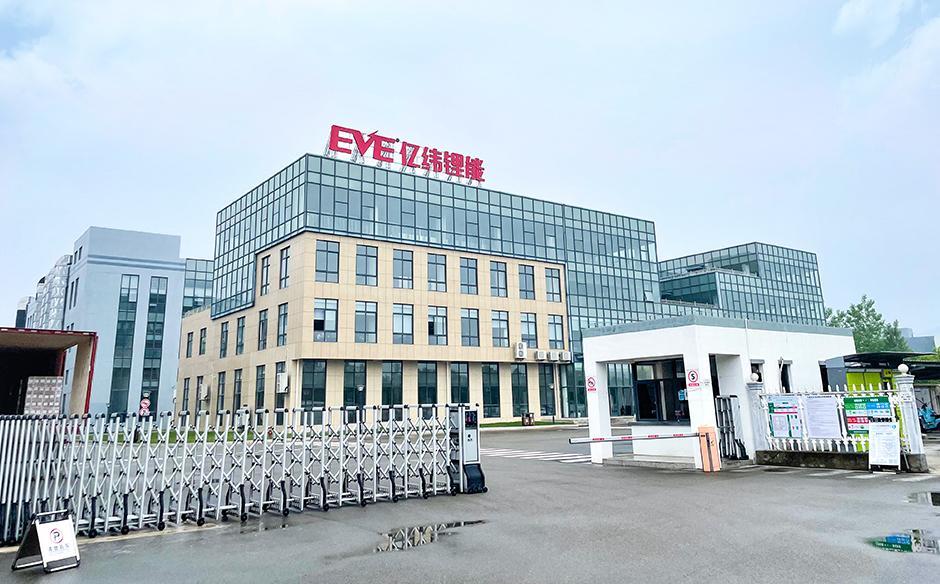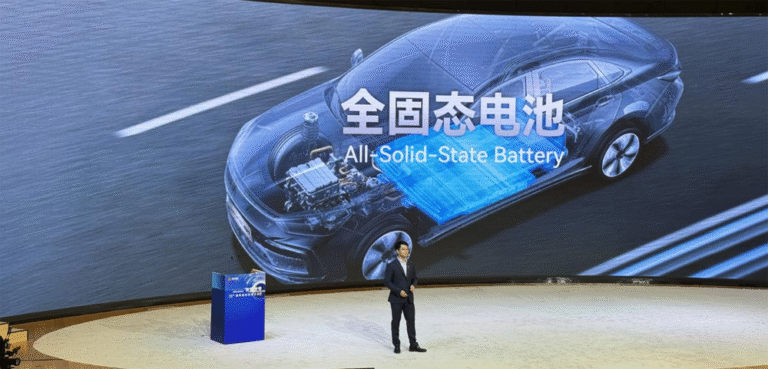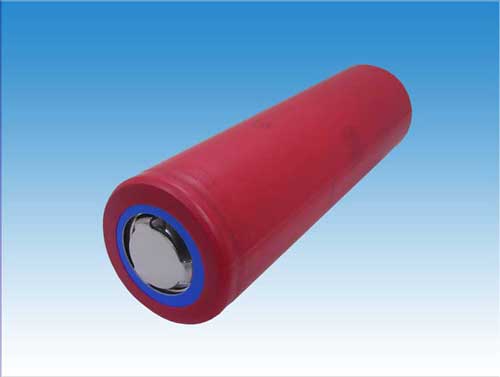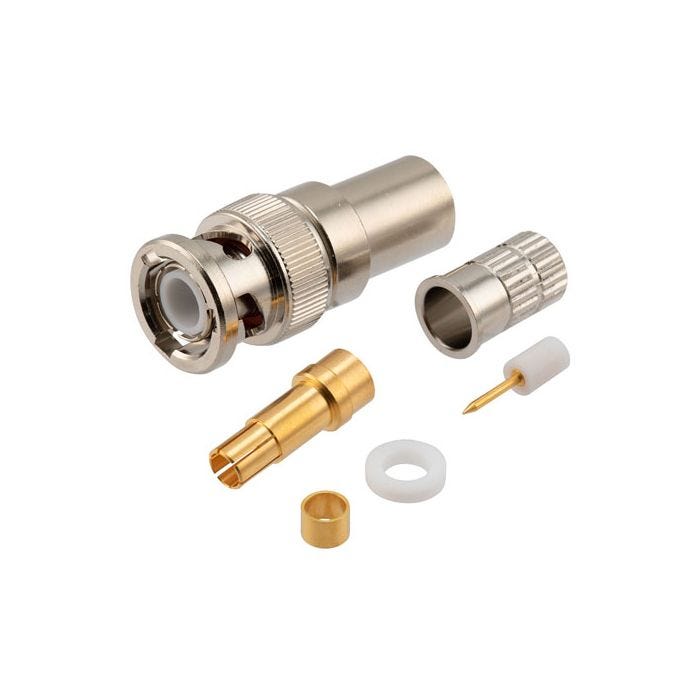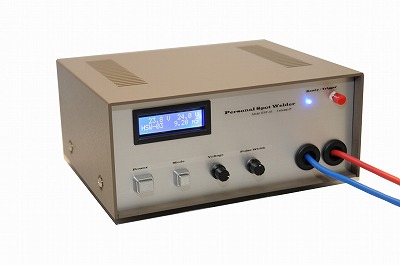EVE Energy Company Limited Detailed Research Report ,Product Portfolio Overview (Battery Types, Technologies, Applications)
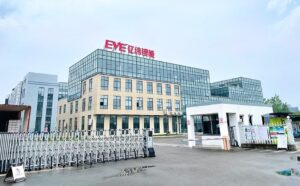
General Overview
EVE Energy is a highly diversified lithium battery manufacturer, offering a broad range of products that span electric vehicle (EV) power batteries, energy storage systems (ESS), and batteries for consumer and industrial applications. The company manufactures battery cells in various formats—cylindrical, prismatic, and pouch types—and leverages different chemistries such as Lithium Iron Phosphate (LFP) and Nickel Cobalt Manganese (NCM) to meet the needs of each specific market.
With such a comprehensive portfolio, EVE serves a wide array of sectors, from passenger cars and commercial vehicles to large-scale grid storage systems, industrial tools, and connected IoT devices. This breadth reflects the company’s strategic versatility and its focus on delivering tailored energy solutions to diverse global markets.
EV Power Batteries
In the EV sector, EVE specializes in high-energy-density NCM batteries, particularly in cylindrical form factors. The company is among the pioneers of 46 mm diameter cylindrical cells, a next-generation format similar to Tesla’s 4680 design. These large-format cells are optimized for high performance and fast charging. BMW has already selected EVE to supply these 46 mm NCM cells for its upcoming Neue Klasse EV lineup, built on an 800V architecture supporting ultra-fast charging up to 350 kW.
These cells are integrated using a Cell-to-Pack (CTP) design, eliminating modules to improve packing efficiency and reduce system complexity. In addition to cylindrical formats, EVE manufactures prismatic cells in both LFP and NCM chemistries. Its prismatic LFP batteries are widely used in commercial EVs—such as buses and delivery fleets—where long cycle life and safety are paramount. On the other hand, high-nickel NCM cells (like NCM811) provide high energy density of 250 Wh/kg or more, catering to long-range passenger vehicles. Through a joint venture with SK Innovation, EVE also manufactures pouch-type NCM cells, further diversifying its EV battery lineup and demonstrating its ability to support various automotive platforms.
Energy Storage Batteries (ESS)
EVE has made a strong commitment to the energy storage market, focusing on LFP-based batteries for their thermal stability, longevity, and cost-effectiveness. The company produces large-capacity prismatic LFP cells—such as 280Ah and 306Ah models—that are frequently adopted by integrators for grid-scale battery systems. These cells deliver more than 5,000 charge cycles and are designed for stable long-term operation, making them ideal for stationary storage applications.
Of particular note is EVE’s 628Ah LFP cell, which was set for mass production in late 2024. This ultra-large cell targets utility-scale storage projects and enables higher energy density at the pack level. As of 2023, EVE ranks as the world’s third-largest ESS battery cell manufacturer, reflecting its rapid growth and global reach. The company doesn’t just supply cells—it also delivers complete systems including modules, racks, and battery management systems (BMS). EVE’s ESS products are widely used in diverse scenarios, from utility-scale grid storage to commercial/industrial systems and even residential solar-plus-storage setups.
Consumer & Industrial Batteries
Beyond EV and ESS applications, EVE has established a significant presence in both consumer and industrial battery segments. It is a global leader in lithium primary batteries—non-rechargeable cells such as Li-SOCl₂ and Li-MnO₂—which are widely used in IoT devices like smart meters, security sensors, and asset trackers. These cells are prized for their long shelf life and durability, making EVE the top supplier globally in this category.
EVE also manufactures rechargeable small-format lithium-ion cells for electronics. Its cylindrical 18650 and 21700 cells are used in laptops, power banks, and portable devices. It produces coin cells and small prismatic batteries for wearables and medical electronics. For industrial applications, EVE’s cylindrical Li-ion batteries are used in power tools, e-bikes, cordless vacuums, and garden equipment. The 21700 NCM format is tailored for high-discharge applications such as power tools and electric two-wheelers. A new facility in Malaysia is dedicated to producing these cells at high volume. The company also develops BMS-equipped battery packs for specialized industrial use cases like uninterruptible power supplies (UPS) and telecom backup systems.
Technical Characteristics
EVE’s battery technologies are built around advanced design principles and material innovations aimed at delivering strong performance, safety, and lifecycle benefits.
LFP Cells are engineered for maximum safety and longevity. They offer robust thermal stability, minimal fire risk, and can endure thousands of charge-discharge cycles. With energy densities exceeding 160 Wh/kg, these cells are ideal for stationary applications and long-duration usage. EVE may also be exploring next-gen chemistries like LMFP (Lithium Manganese Iron Phosphate) to further improve capacity and performance.
NCM Cells focus on high energy and power output. The use of high-nickel cathodes (such as NCM811) and silicon-enhanced anodes helps boost energy density beyond 250 Wh/kg. The 46 mm cylindrical cell, selected by BMW, is said to offer up to 30% longer range and dramatically improved charging speeds compared to previous generations. Features such as integrated liquid cooling and pressure-relief vents help ensure safety at high performance levels. These cells likely use proprietary electrolytes and additives for better low-temperature and fast-charging performance.
Cell-to-Pack (CTP) and Modular Designs reflect EVE’s advanced system engineering. Its CTP architecture enables direct cell integration into packs, bypassing traditional modules and improving volumetric efficiency. The company also offers modular packs with integrated thermal management and electronics, underscoring its strength in mechanical and electrical integration.
Battery Management Systems (BMS) developed by EVE use advanced algorithms for accurate estimation of state-of-charge and battery health. These systems likely incorporate AI-driven analytics and cloud-based data aggregation to enable predictive maintenance and optimized performance across fleets, especially in ESS deployments.
Quality and Safety are deeply embedded in EVE’s design philosophy. The company’s batteries feature multiple safety mechanisms—including rupture disks, pressure vents, and current-interrupt devices—and comply with international standards such as UL, IEC, and UN38.3. This commitment to quality has earned EVE partnerships with major global OEMs who demand top-tier performance and safety.

